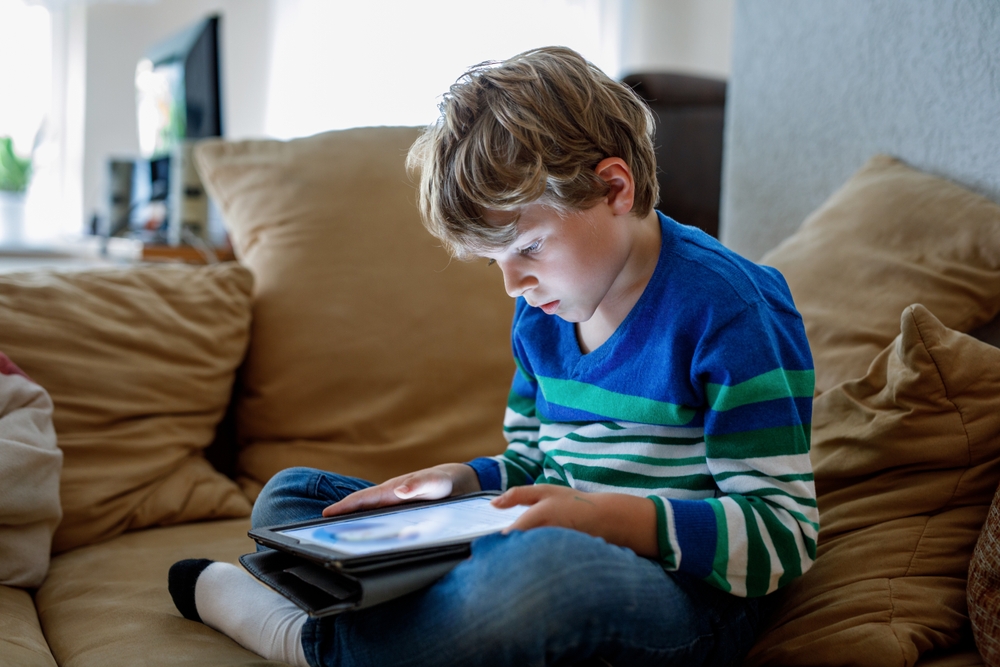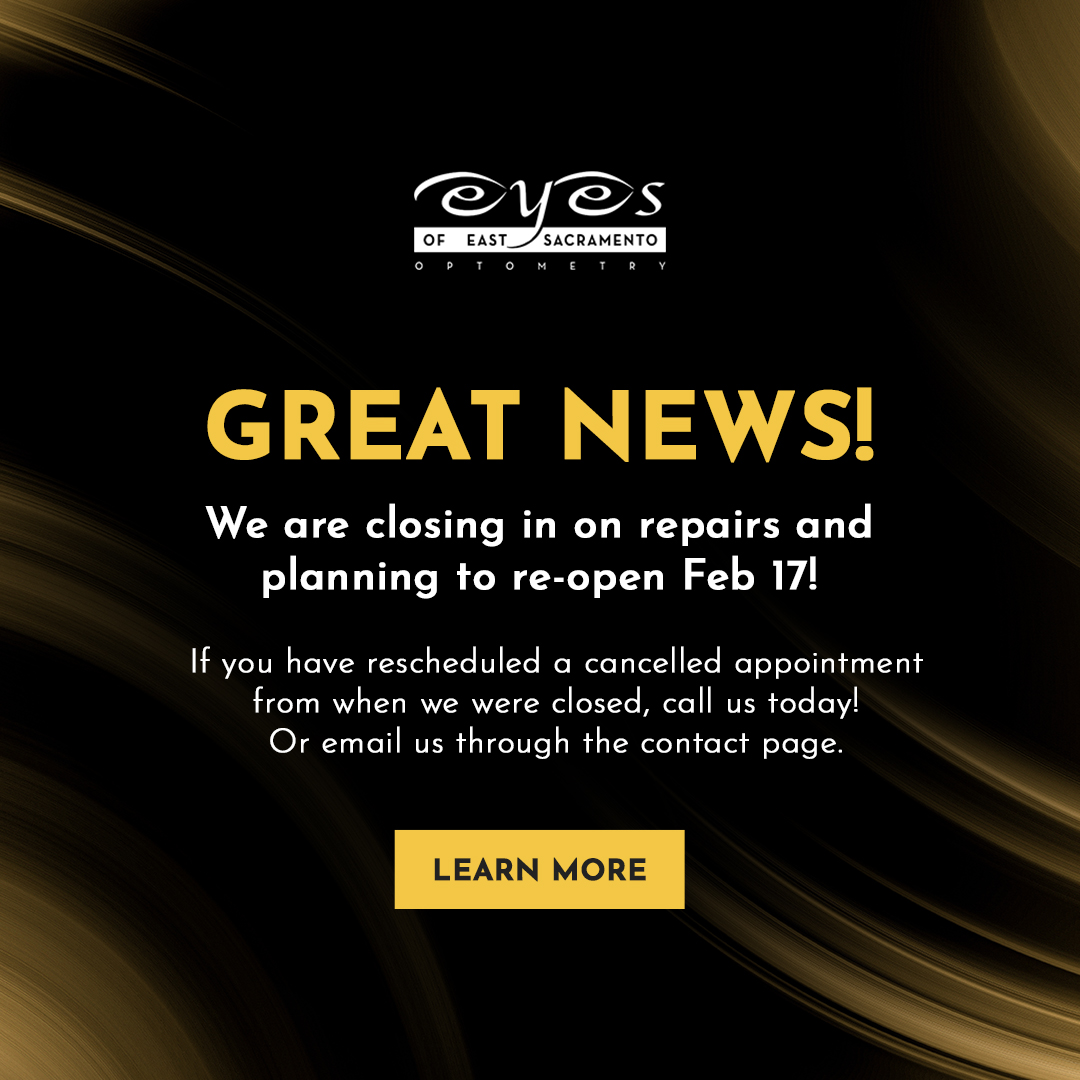
In today’s digital age, it’s nearly impossible to avoid screens. From online learning and homework to video games and social media, screen time has become a constant part of daily life. But many parents are starting to wonder: Is all this screen time making my child’s nearsightedness worse? At Eyes of East Sacramento, we’re taking a closer look at how screen use can impact your child’s vision and when it may be time to consider proactive myopia management treatments.
Understanding Myopia in Children
Myopia, or nearsightedness, occurs when the eye grows too long from front to back, causing distant objects to appear blurry. This condition often begins in childhood and can progress rapidly if not monitored or treated. Genetics play a role, but environmental factors can influence how quickly myopia worsens.
How Screen Time Impacts Eye Development
Today’s children are exposed to screens earlier and more frequently than any generation before. Whether it's tablets for school, smartphones for texting, or computers for games, many kids spend several hours a day focusing on close-up tasks. Research shows that extended near work and reduced time spent outdoors are associated with an increased risk of developing myopia—or worsening an existing diagnosis.
Here’s why screen time matters:
• Lack of breaks: Continuous close-up focus strains the eyes.
• Reduced blinking: Kids blink less when staring at screens, which can lead to dry eyes and eye fatigue.
• Limited outdoor time: Natural sunlight and distance viewing are vital for healthy eye development.
Signs Your Child’s Nearsightedness May Be Progressing
It’s not always easy to tell if your child’s vision is getting worse, especially if they’ve adapted to blurry distance vision. Watch for signs such as:
• Complaints about not seeing the board at school
• Sitting closer to the TV or holding devices very close
• Squinting to see far-away objects
• Frequent headaches or eye rubbing
If you’ve noticed any of these, it may be time to schedule a comprehensive eye exam.
When to Consider Myopia Management Treatments
If your child is diagnosed with progressive myopia, standard glasses or contacts might not be enough. That’s where myopia management comes in. These advanced treatments are designed not just to correct vision, but to slow the progression of nearsightedness over time.
Treatment options may include:
• Orthokeratology (Ortho-K): Special overnight lenses that reshape the cornea.
• Multifocal contact lenses: Specialty lenses clinically proven to slow myopia progression.
• Atropine eye drops: Low-dose medicated drops used nightly to control eye growth.
• Lifestyle recommendations: Encouraging outdoor play and limiting continuous screen time.
The earlier myopia management begins, the more effective it can be in protecting your child’s long-term vision health.
Schedule Your Child’s Eye Exam Today
Managing screen time is just one part of protecting your child’s eyesight - but when combined with professional care, it can make a lasting difference. If your child has been diagnosed with myopia or you’ve noticed signs of worsening vision, early intervention is key.
Contact Eyes of East Sacramento to schedule a pediatric eye exam and explore personalized myopia management treatment options. Visit our office in Sacramento, California, or call (916) 915-0500 to book an appointment today.










